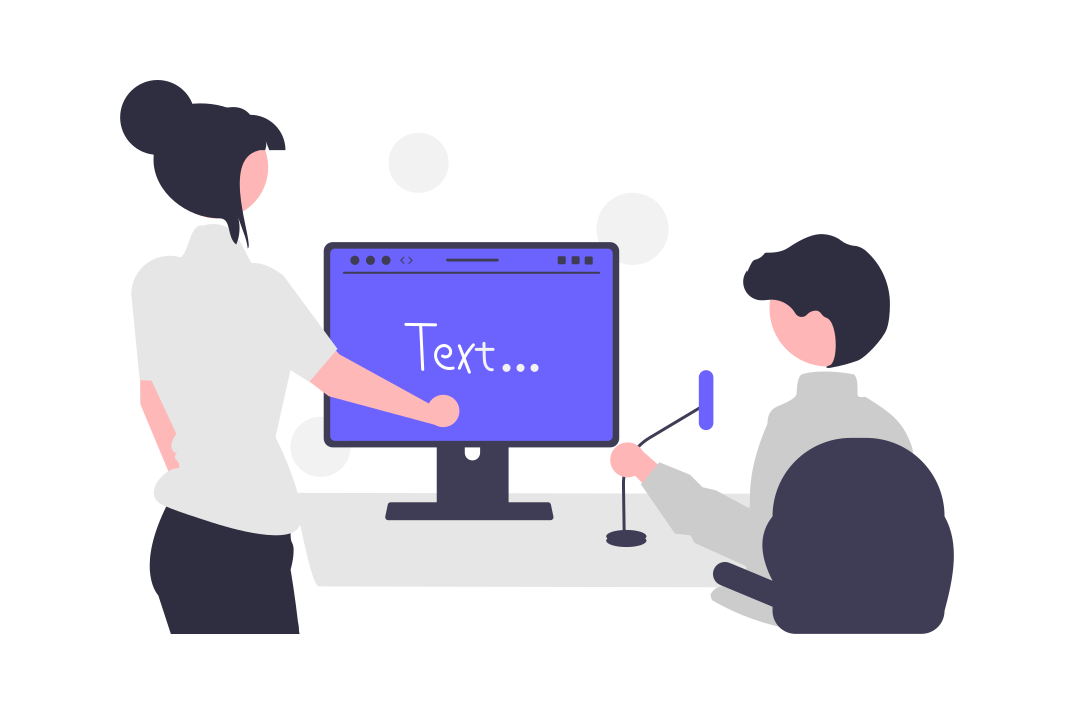In the dynamic world of marketing, businesses continually seek innovative strategies to stay ahead of the competition. One of the most transformative developments in recent years has been the integration of Artificial Intelligence (AI) with traditional marketing techniques. This powerful combination not only enhances the efficiency and effectiveness of marketing efforts but also drives significant revenue growth. In this blog, we will explore how AI complements traditional marketing, the benefits of this integration, and practical applications that businesses can leverage to maximize their impact.
The Evolution of Traditional Marketing
Traditional marketing encompasses a wide range of activities, including print advertising, direct mail, television and radio commercials, telemarketing, and event marketing. These techniques have been the backbone of marketing strategies for decades, helping businesses reach broad audiences and establish brand recognition. However, the advent of digital technology and the internet has shifted the marketing landscape, introducing new tools and platforms that offer more targeted and measurable approaches.
The Rise of Artificial Intelligence in Marketing
AI has revolutionized many industries, and marketing is no exception. AI-powered tools and algorithms can analyze vast amounts of data, identify patterns, and make predictions with a level of accuracy that far surpasses human capabilities. These advancements enable marketers to create highly personalized and relevant experiences for their audiences. Key AI technologies that are transforming marketing include machine learning, natural language processing, predictive analytics, and chatbots.
Enhancing Traditional Marketing with AI
Integrating AI with traditional marketing techniques offers several benefits that can significantly enhance marketing effectiveness. Here are some key ways AI can complement traditional marketing:
1. Improved Customer Segmentation and Targeting
Traditional marketing often relies on broad demographic data to segment audiences. AI, on the other hand, can analyze behavioral data, purchasing patterns, and online interactions to create more precise and dynamic customer segments. This allows businesses to target specific groups with tailored messages, increasing the likelihood of engagement and conversion.
2. Personalized Customer Experiences
Personalization has become a crucial aspect of modern marketing. AI enables marketers to deliver personalized content and recommendations based on individual preferences and behaviors. For example, AI can analyze a customer’s past purchases and browsing history to suggest products or services they are likely to be interested in, enhancing the overall customer experience.
3. Enhanced Predictive Analytics
Predictive analytics powered by AI can forecast future trends and consumer behaviors with remarkable accuracy. This capability allows businesses to make data-driven decisions, optimize marketing campaigns, and allocate resources more effectively. By predicting which products will be in demand or which marketing strategies will yield the best results, companies can stay ahead of the competition.
4. Automated Customer Service
Traditional customer service methods, such as call centers, can be costly and time-consuming. AI-powered chatbots and virtual assistants can handle a significant portion of customer inquiries, providing quick and accurate responses around the clock. This not only improves customer satisfaction but also frees up human agents to focus on more complex issues.
5. Enhanced Content Creation and Optimization
AI can assist in creating and optimizing marketing content. Natural language processing algorithms can generate product descriptions, social media posts, and even blog articles. Additionally, AI can analyze the performance of different content pieces and suggest improvements, ensuring that marketing messages resonate with the target audience.
Practical Applications of AI in Traditional Marketing
Let’s explore some practical applications of integrating AI with traditional marketing techniques:
1. Direct Mail Campaigns
AI can optimize direct mail campaigns by predicting which recipients are most likely to respond positively. By analyzing past campaign data and customer behavior, AI can help businesses design more effective mailers and personalize the content for different segments, increasing the return on investment.
2. Television and Radio Advertising
AI can enhance television and radio advertising by analyzing audience data to determine the best times and channels to air commercials. This ensures that ads reach the intended audience at the optimal time, maximizing their impact.
3. Event Marketing
AI can improve event marketing by analyzing attendee data to provide personalized experiences. For example, AI can recommend sessions or networking opportunities based on an attendee’s interests and previous interactions, making the event more engaging and valuable.
4. Print Advertising
AI can analyze the effectiveness of print ads by tracking responses and engagement. This data can then be used to refine future print campaigns, ensuring that they are more targeted and impactful.
Challenges and Considerations
While the integration of AI with traditional marketing offers numerous benefits, it also presents certain challenges and considerations:
-
Data Privacy and Security: With increased data collection and analysis, ensuring the privacy and security of customer data is paramount. Businesses must comply with data protection regulations and implement robust security measures.
-
Cost and Implementation: Implementing AI technologies can be costly, and businesses need to consider the return on investment. Additionally, integrating AI with existing marketing systems may require significant time and resources.
-
Skill Gap: There is a need for skilled professionals who can develop, implement, and manage AI technologies. Businesses may need to invest in training or hire new talent to fully leverage AI’s potential.
Conclusion
Integrating AI with traditional marketing techniques is a powerful strategy that can transform how businesses connect with their audiences and achieve their goals. By leveraging AI’s capabilities in customer segmentation, personalization, predictive analytics, customer service, and content optimization, businesses can enhance the effectiveness of their traditional marketing efforts. However, it is essential to address the challenges associated with AI integration to ensure successful implementation and maximize the benefits. As the marketing landscape continues to evolve, the synergy of AI and traditional marketing will undoubtedly play a crucial role in driving future success.


